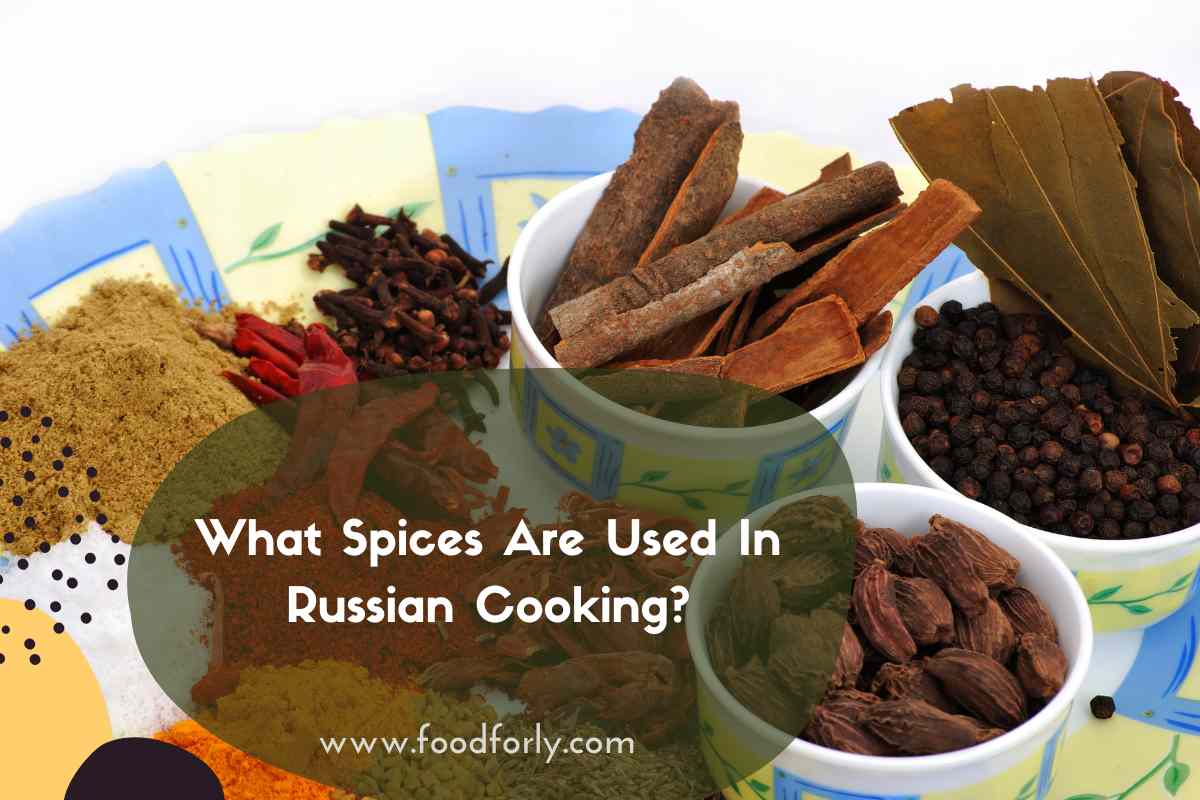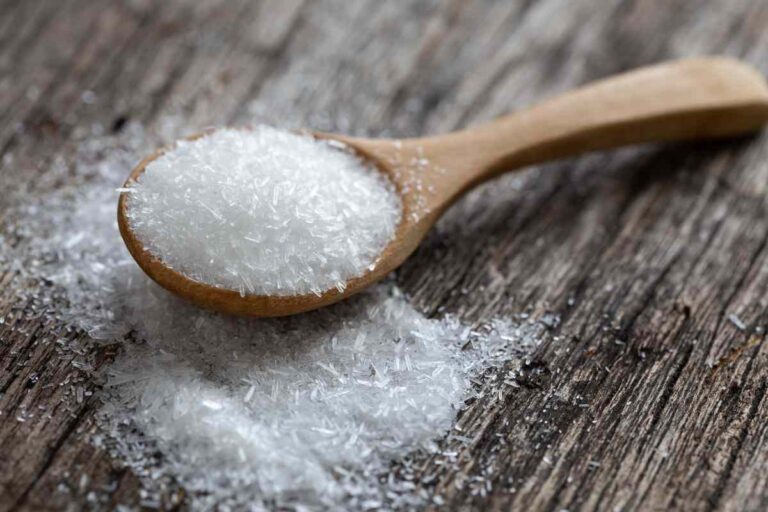What Is A Substitute For Accent Seasoning?
If you’re looking for a substitute for Accent seasoning, which is a brand of monosodium glutamate (MSG), there are several options you can consider. While MSG is known for enhancing flavors and adding umami taste to dishes, some people prefer to avoid it for various reasons. Here are a few alternatives you can use:
Salt: Accent seasoning primarily adds a salty taste to dishes, so using regular table salt or sea salt can provide a similar effect.
Soy Sauce: Soy sauce contains naturally occurring glutamates that can enhance the savory flavors in your food. It can be used as a substitute for Accent seasoning in many recipes.
Tamari: Tamari is a Japanese sauce similar to soy sauce but typically wheat-free. It also contains glutamates and can be used as a substitute for Accent seasoning.
Fish Sauce: Fish sauce is commonly used in Southeast Asian cuisine and has a rich umami flavor. It can be used as a substitute for Accent seasoning in dishes where the fish sauce flavor complements the other ingredients.
Mushroom Powder: Mushroom powder, particularly varieties like porcini or shiitake, can provide a savory taste to dishes. It is a natural source of glutamates and can be used as an alternative to Accent seasoning.
Nutritional Yeast: Nutritional yeast is a deactivated yeast that is often used as a vegan cheese substitute. It has a savory, slightly cheesy flavor and can be sprinkled on dishes to add depth of flavor.
It’s important to note that the flavor profile of these substitutes may not be identical to Accent seasoning, but they can provide similar effects in terms of enhancing savory flavors. Experiment with small amounts and adjust to your taste preferences.

What Is Accent Seasoning?
Accent Seasoning is a brand of monosodium glutamate (MSG), which is a flavor enhancer used to add umami taste to various dishes. It is primarily used to enhance the savory flavors in food and is known for its ability to make dishes taste more robust and satisfying.
What Are The Ingredients In Accent Seasoning?
The ingredients in Accent Seasoning (monosodium glutamate) can vary slightly depending on the brand, but the primary ingredient is monosodium glutamate itself. Monosodium glutamate is a compound made up of glutamic acid and sodium. It is typically produced through a fermentation process using starches, sugar beets, sugar cane, or molasses.
It’s important to note that while monosodium glutamate is generally recognized as safe for consumption by regulatory authorities, some individuals may be sensitive to it and experience adverse reactions.
Is Accent Seasoning The Same As Salt?
No, Accent Seasoning is not the same as salt. While both Accent Seasoning and salt can add a savory taste to dishes, they are different in their composition and flavor profiles.
Salt, or sodium chloride, is a mineral that primarily adds a salty taste to food. It is a common seasoning used to enhance flavors, balance sweetness, and bring out the natural taste of ingredients.
On the other hand, Accent Seasoning is a brand of monosodium glutamate (MSG), which is a flavor enhancer. MSG is known for its ability to enhance savory flavors and add umami taste to dishes. It works by stimulating certain taste receptors in our taste buds, making food taste more robust and satisfying.
While salt and Accent Seasoning can both enhance the flavor of dishes, they have different effects on taste. Salt adds a specific salty taste, while Accent Seasoning enhances overall savory flavors. It’s important to note that Accent Seasoning contains higher levels of sodium compared to salt, so moderation should be exercised when using it.
Is Accent The Same As Msg?
Yes, Accent Seasoning is a brand of monosodium glutamate (MSG).
Is Accent The Same As Ajinomoto?
No, Accent and Ajinomoto are different brands of monosodium glutamate (MSG). While both Accent Seasoning and Ajinomoto contain MSG as their primary ingredient, they are produced and marketed by different companies.
They may have slight differences in taste and formulation, but they serve a similar purpose as flavor enhancers.
What Are The 4 Basic Types Of Seasoning Ingredients?
The four basic types of seasoning ingredients are:
Salty: Salt and other sodium-based ingredients, such as soy sauce or fish sauce, fall into this category. Salty seasonings enhance the overall taste of food and bring out the natural flavors.
Sweet: Sugar, honey, maple syrup, and other sweeteners are used as seasoning ingredients to add a touch of sweetness to dishes. They can balance out flavors and provide a pleasant contrast.
Sour: Vinegar, citrus juice, and acidic ingredients like lemon or lime are examples of sour seasonings. They add tanginess and brightness to dishes, enhancing the overall flavor profile.
Spicy: Spicy seasonings include ingredients like chili powder, cayenne pepper, hot sauces, or fresh peppers. They provide heat and add a kick of flavor to dishes, creating a sensation of spiciness.
These four types of seasonings can be used individually or in combination to create a wide range of flavor profiles in various cuisines and dishes.
Is Msg Different Than Salt?
Yes, monosodium glutamate (MSG) is different from salt (sodium chloride).
Salt is a mineral compound composed of sodium and chloride ions. It has a distinct salty taste and is primarily used to enhance flavors, balance sweetness, and preserve food. Salt is a common seasoning ingredient that is found in almost every kitchen.
MSG, on the other hand, is a flavor enhancer derived from glutamic acid, an amino acid. It is produced through a fermentation process and is known for its ability to enhance savory flavors and add umami taste to dishes. MSG works by stimulating specific taste receptors in our taste buds, making food taste more robust and satisfying.
While both salt and MSG can enhance the taste of food, they have different flavors and effects. Salt provides a distinct salty taste, while MSG enhances the overall savory flavors. It’s important to note that MSG contains sodium, but in a different form than salt, so moderation should still be exercised when using it.
- accent seasoning substitute
- substitute for accent seasoning
- accent substitute
- substitute for accent
- monosodium glutamate substitute
- msg substitute




